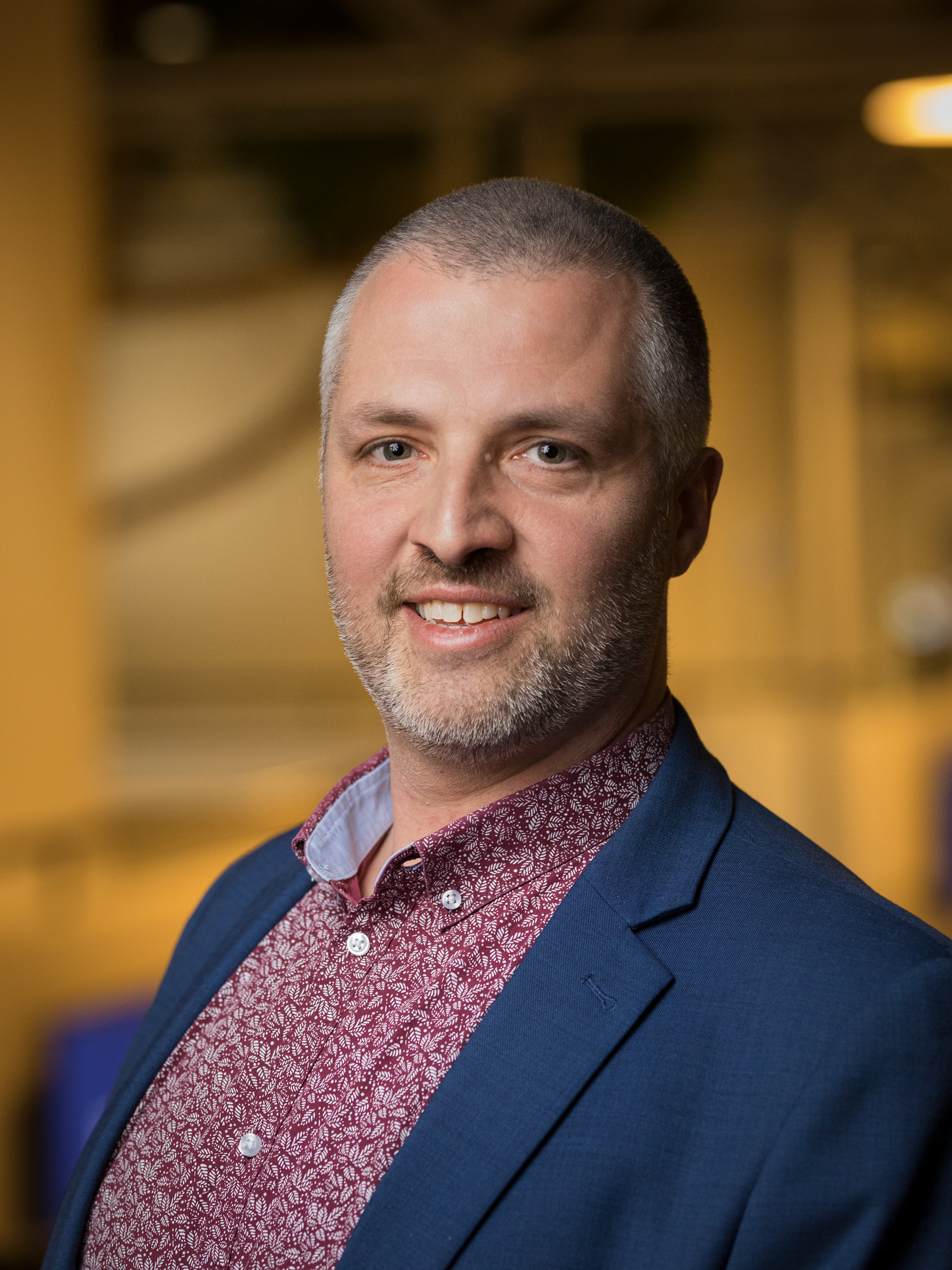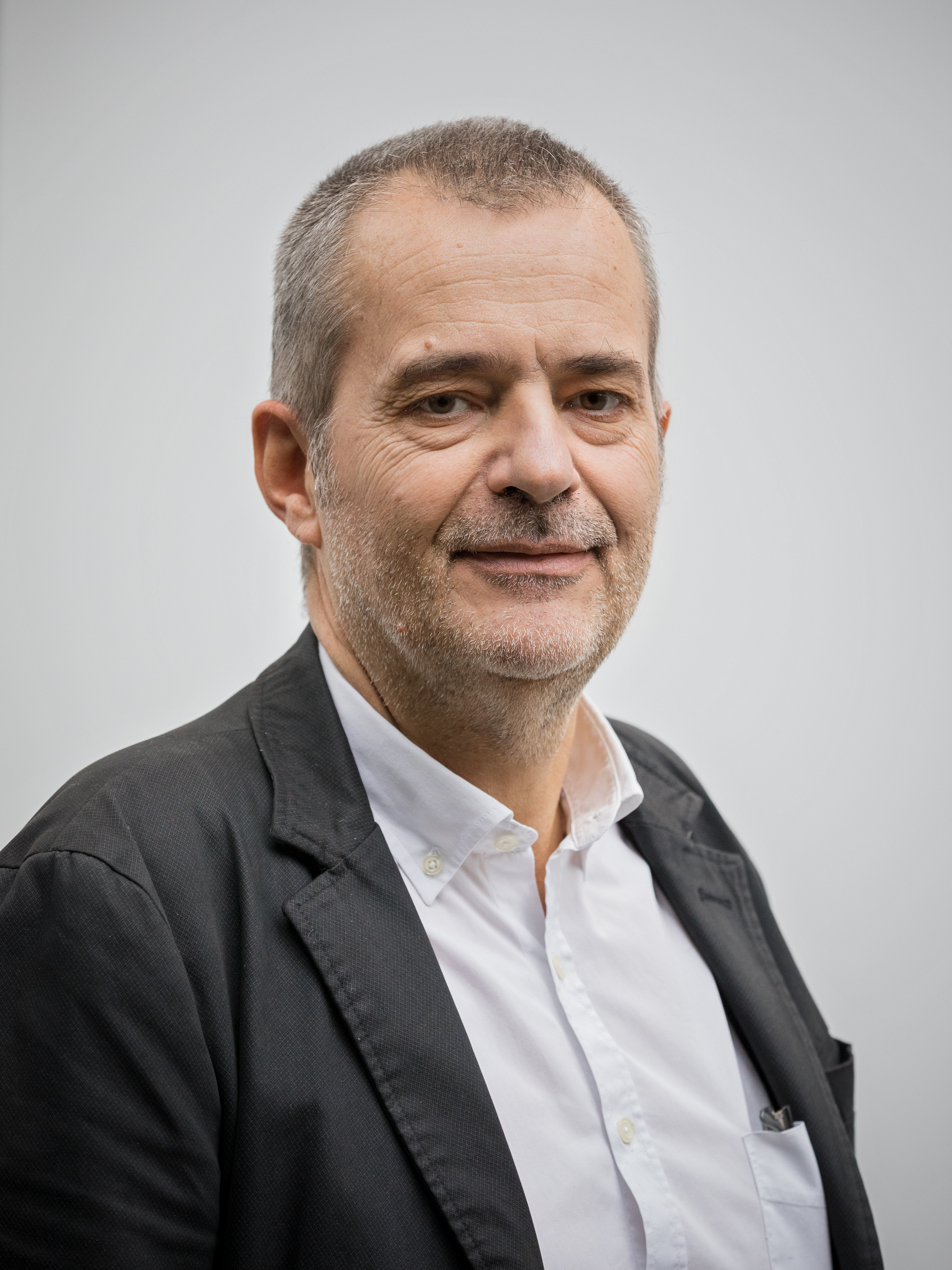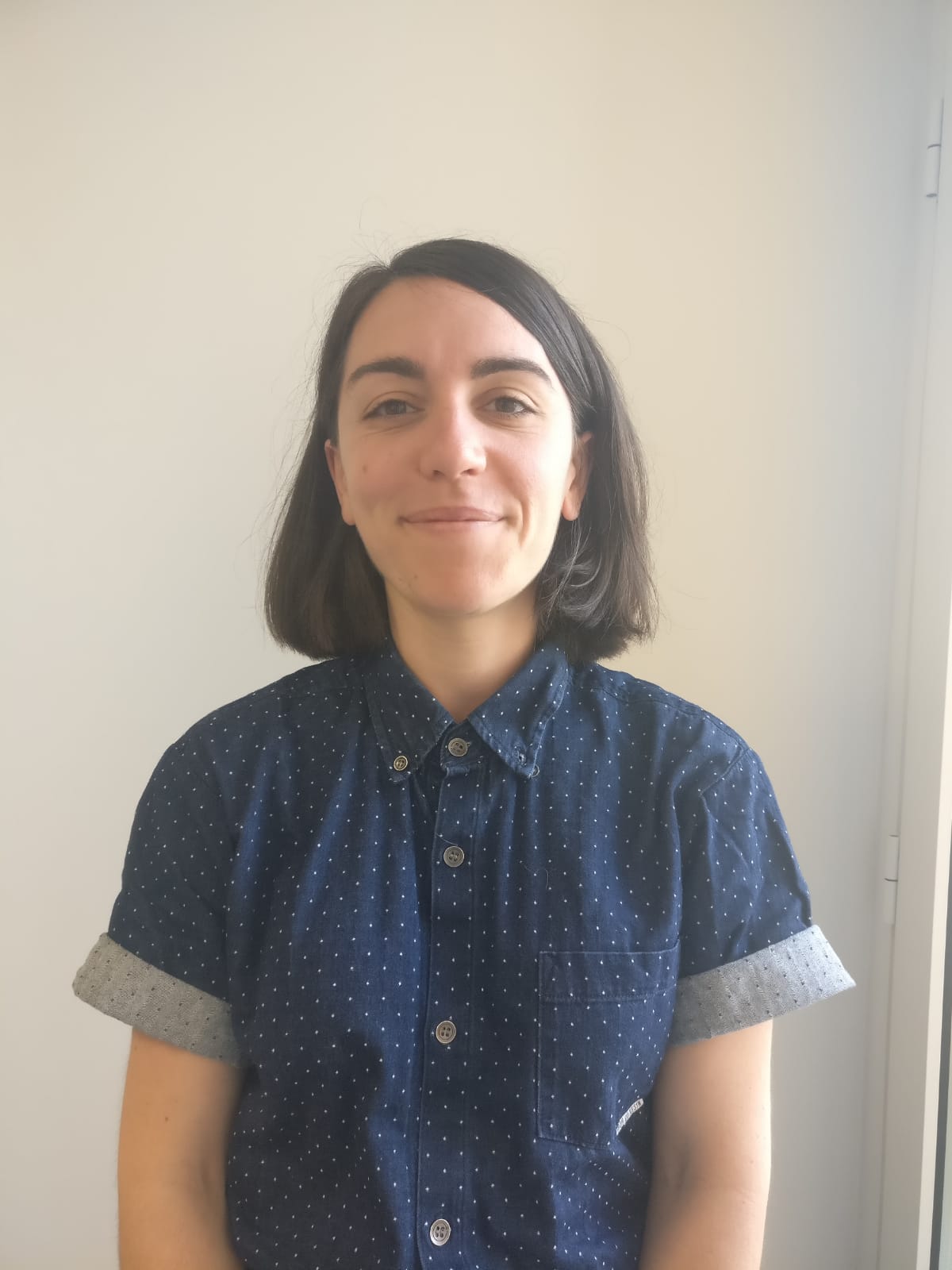Report on the 8th ECCO Scientific Workshop on postoperative recurrence in Crohn’s Disease
Marc Ferrante, SciCom Chair, Yves Panis, SciCom Member and Pauline Rivière, ECCO Member
 Marc Ferrante © ECCO |
 Yves Panis Yves Panis© ECCO |
 Pauline Rivière Pauline Rivière© Pauline Rivière |
For two years, a group of 25 IBD specialists, including gastroenterologists, surgeons and scientists, have been working to build a research framework for postoperative recurrence (POR) in patients with Crohn’s Disease. Even though more biological therapies are now available, ileocaecal resection is still a frequent event and POR management remains a challenge for both patients and IBD specialists.
In the context of the workshop, which combined virtual and in-person meetings, we discussed three main topics: diagnosis and follow-up of POR, pathophysiology and risk factors for POR, and prevention and treatment of POR. For each of these topics, we performed a literature review and listed unmet medical needs and unanswered research questions. We suggested basic and clinical research orientations that should be explored by the IBD Community in order to enhance the understanding of POR and the management of patients. Pauline Rivière presented our conclusions during the ECCO 2023 Congress in Copenhagen. She highlighted the advances in surgical techniques, such as Kono’s anastomosis, mesenteric resection and side-to-side isoperistaltic strictureplasty over the valve, although the benefits of these new procedures in the context of POR remain unproven. Next, she discussed the need for more accurate diagnosis of POR, including the need for improvement of the Rutgeerts score according to the surgical technique used for ileocaecal resection (especially for precise identification of an isolated ulcer on the anastomotic site, the ileal inlet, the ileal body or the ileal blind loop in the case of side-to-side anastomosis), and the forthcoming development of intestinal ultrasound combined with faecal calprotectin. Additionally, she focused on the current lack of adequate risk factors for POR, emphasising that more research is required on the role of the microbiome and the genetic background. Finally, she presented ongoing trials on this subject, mentioning the continuing debate regarding the use of an endoscopy-driven strategy and systematic prophylaxis for all patients who have a risk factor for POR.
The working groups compiled the results of these reflections in the form of three publications in the Journal of Crohn’s and Colitis. We hope this work will inspire IBD specialists to further collaborate in the POR field and/or to participate in future ECCO Scientific Workshops on topics of interest to them.
Marc Ferrante, Yves Panis and Pauline Rivière


